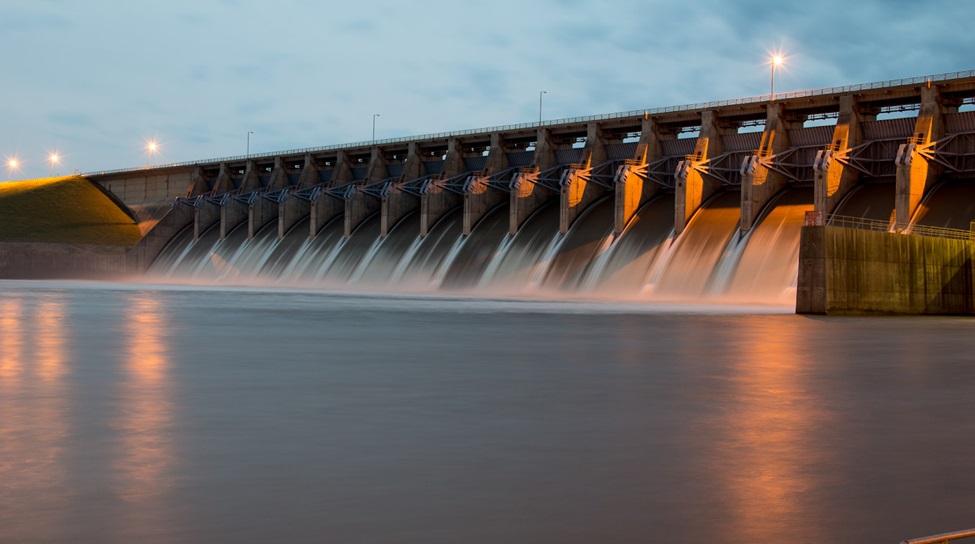
Floating solar PV on hydroelectric dams of Pakistan
-
25, Aug 2022
- Courtesy: Energy Reports
A research paper on floating solar PV on hydroelectric dams of Pakistan, written by Herman Zahid, Researcher at Policy Research Institute for Equitable Development (member of ACJCE), has been published in the proceedings of the prestigious international journal Energy Reports.
The research paper, titled ‘Floating solar photovoltaic as virtual battery for reservoir based hydroelectric dams: A solar-hydro nexus for technological transition’, was presented at a conference in Germany.
Abstract
This paper presents a policy approach for the technological transition from hydropower to green energy in developing countries. Conventional electricity generation technologies have proven to be a burden on the economy of a country, as they have to depend on fossil fuels to meet their energy needs, such as diesel and gasoline. Pakistan has been taken as a case study to show the growing electricity demand of a developing country that implores major technological initiation. This serves as the assessment of suitability and resource regarding the installation of floating solar photovoltaic (FSPV) on reservoirs of hydroelectric dams, thus acting as a virtual battery. Generation from FSPV can complement the hydropower generation in the dry period, consequently meeting the peak demand. In real-time, by employing both technologies at the same substation, hydropower covers the intermittency issues of floating PV technology by improving power quality. Seven dams selected for this study have been analyzed based on their percentage surface area of the reservoir for electricity generation, water conservation, and emission reduction. Tarbela dam has been further analyzed for demonstrating the virtual battery effect by improving the electricity generation profile. The proposed approach meets the electricity needs of about 15.5% of the total population and serves the water need of 2.3 million people in the country.
